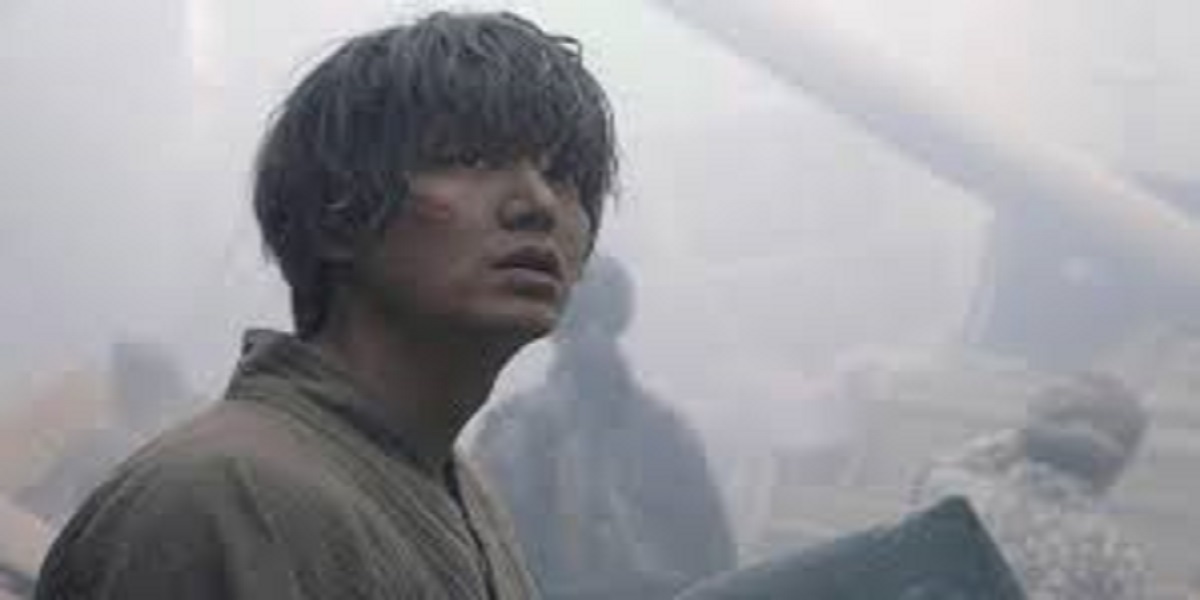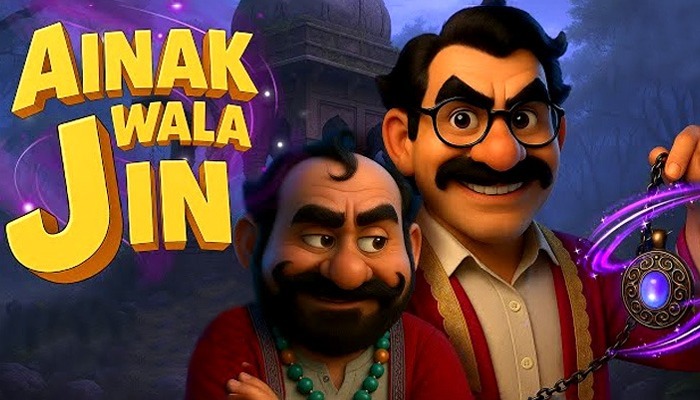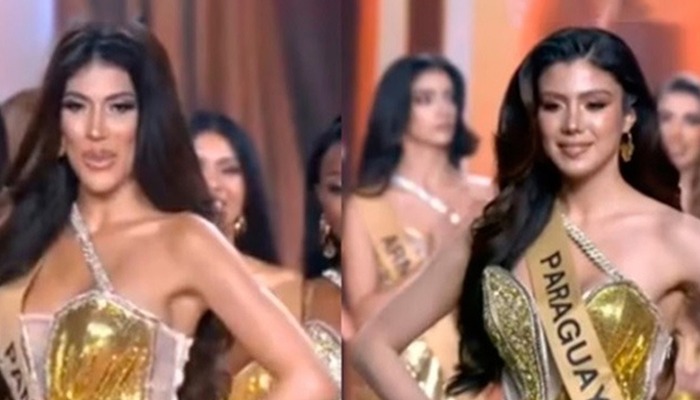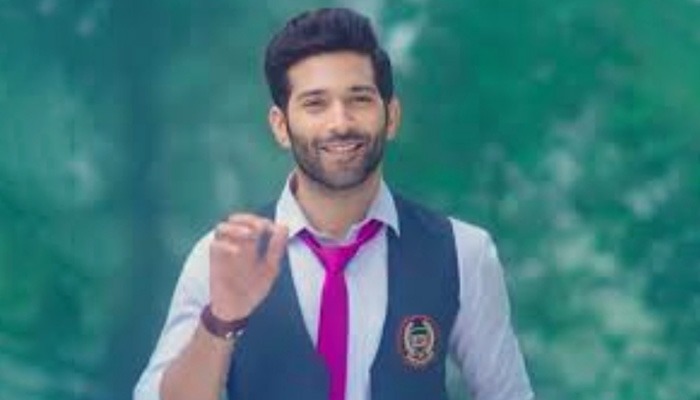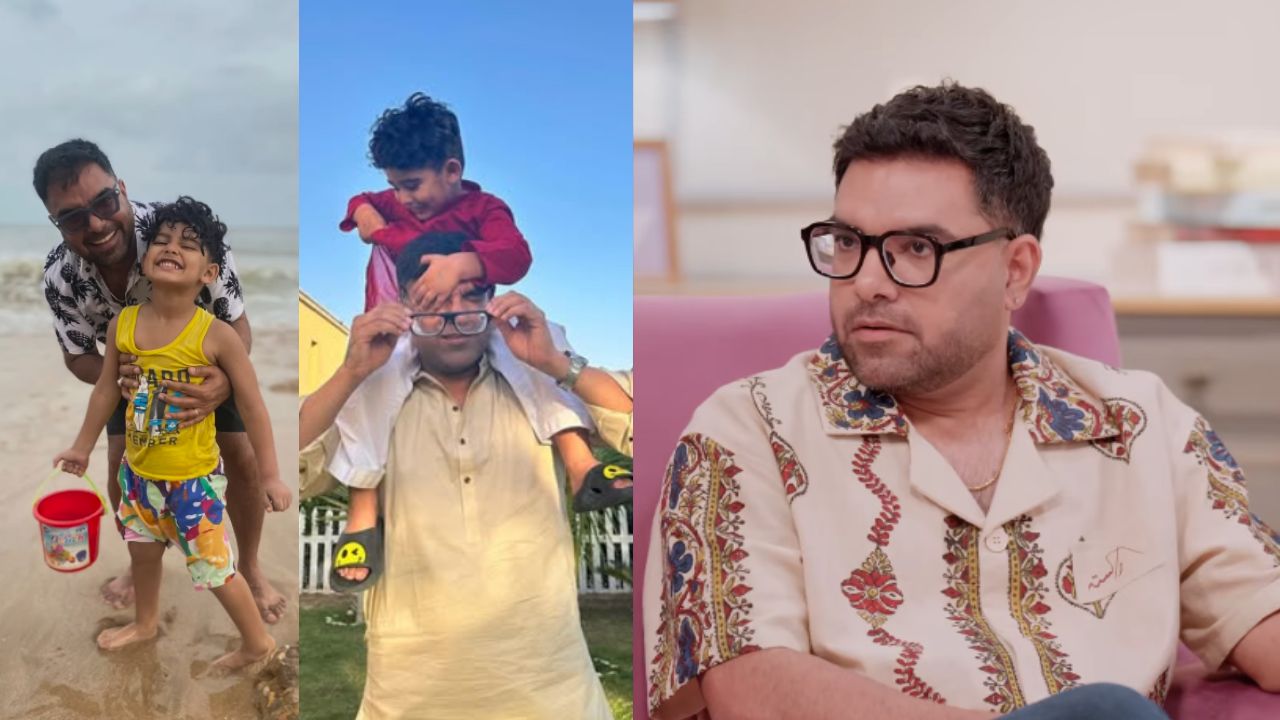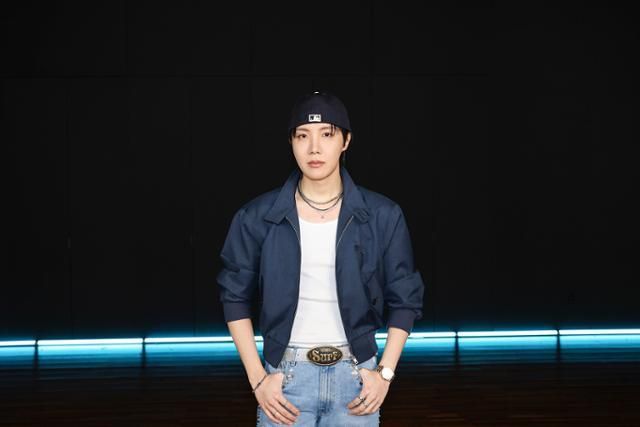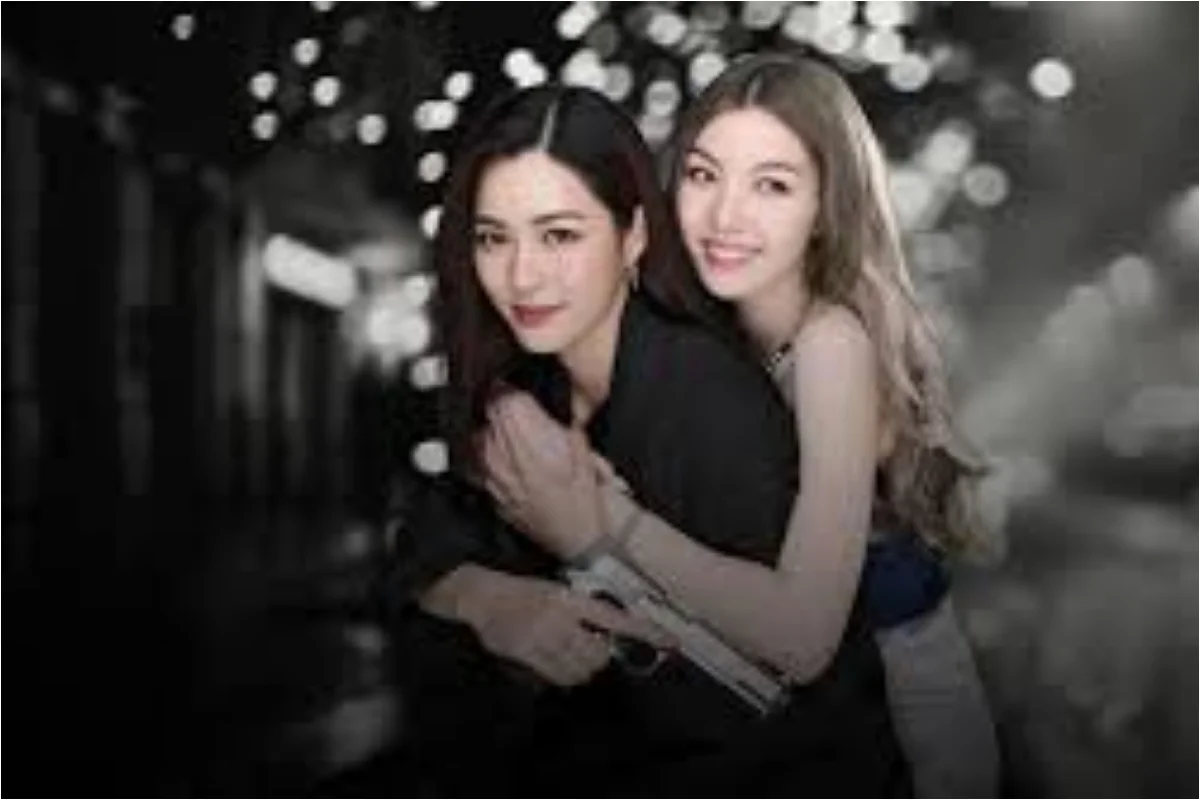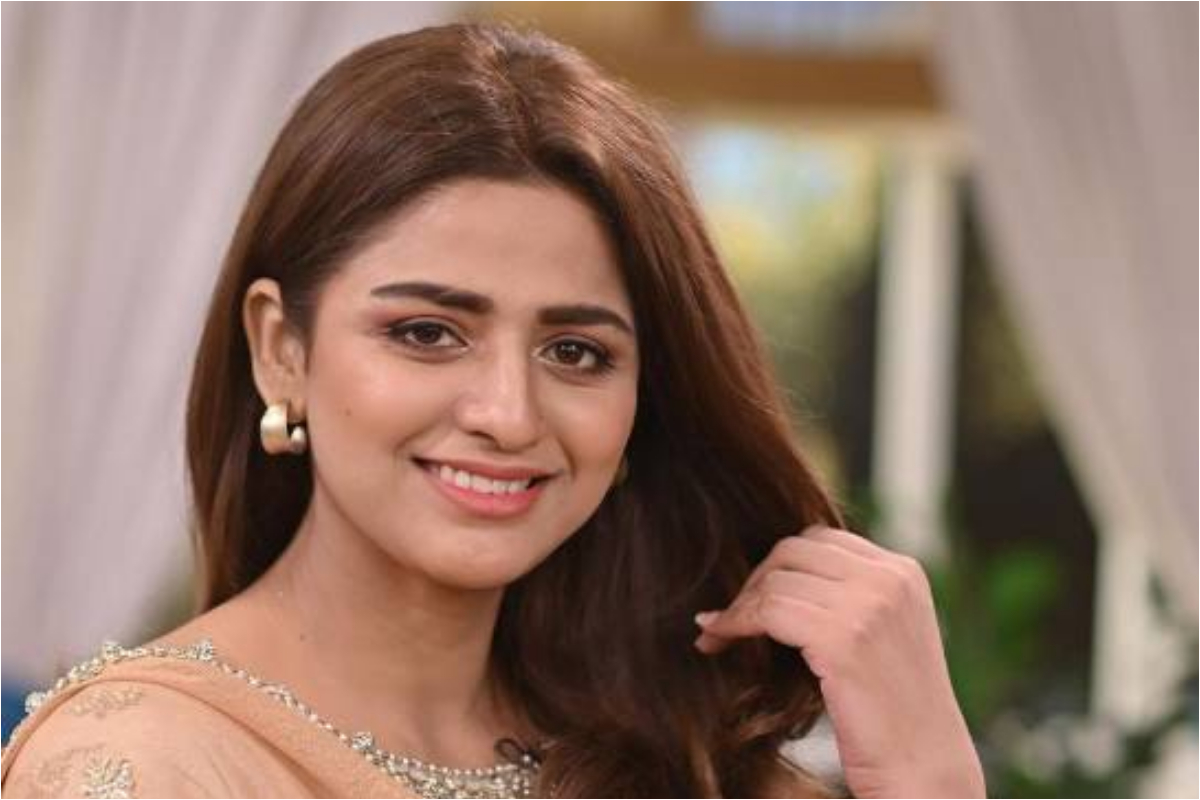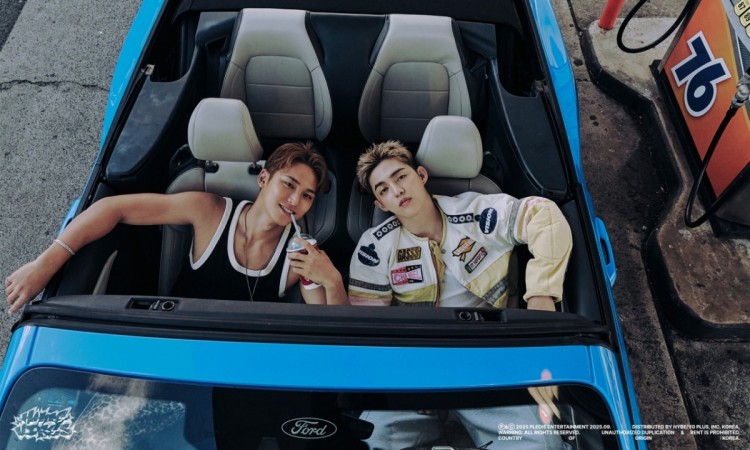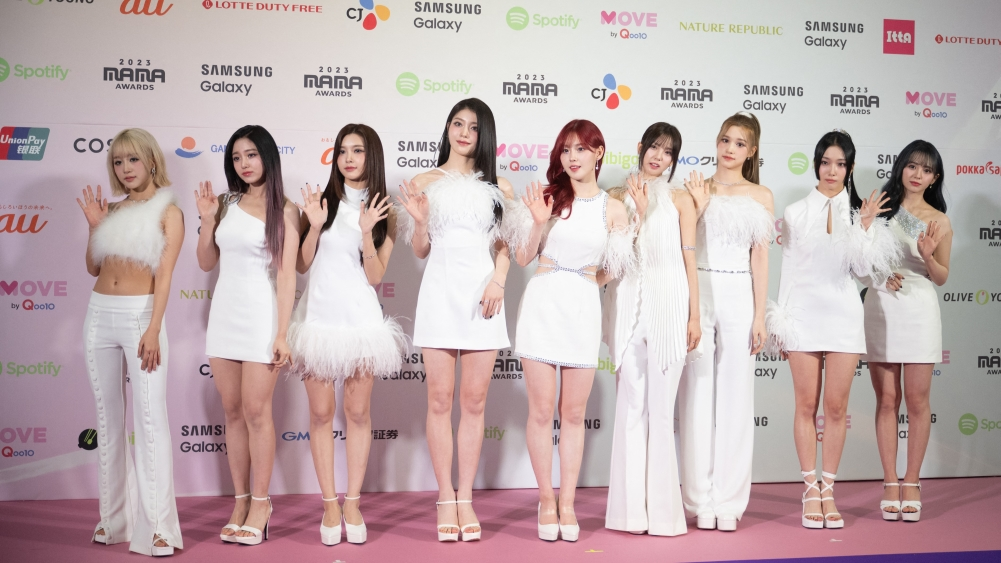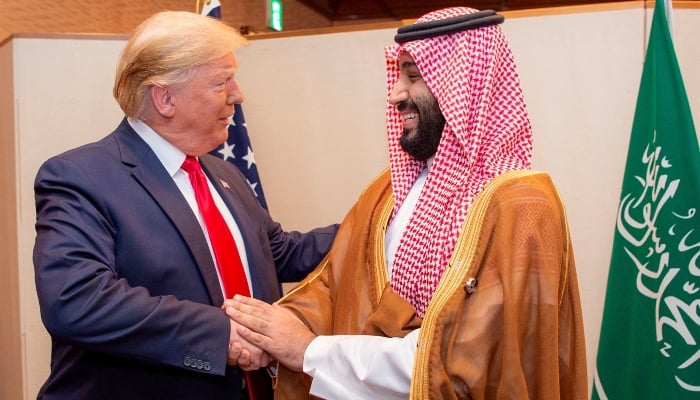The Korean genius drills down into making his Hollywood presentation in Apple TV+’s incredible series and the “pressure” of mooring a whole episode committed to his personality’s history.
The Apple TV+ variation of Pachinko has taken a few huge takeoffs from Min Jin Lee’s top of the line novel of a similar name, none more so than in its most memorable season’s penultimate episode, which figures out and in numerous ways makes a new history for Hansu, the strange and strong person played by whiz Lee Minho.
Though the remainder of the series substitutes this way and that between hero Sunja’s life as a youthful Korean lady (Minha Kim) residing under Japanese royal rule during the 1930s and her last days as a grandma (Yuh-Jung Youn) in boomtime 1980s Japan, “Part Seven” happens completely in Yokohama in 1923.
That timestamp could warn specific crowd individuals to the calamitous situation that unfolds during the episode: the genuine 7.9 tremor that killed in excess of 100,000 individuals, incorporating Koreans living nearby.
As portrayed in the episode and depicted in its epilog, as well as falling setback to the actual shudder, numerous Koreans were likewise faulted for post-shake obliteration and killed by Japanese vigilantes in the consequence.
As watchers pick up, living through and giving testimony regarding these injuries changed Hansu from an unassuming mentor gave to his single parent to the ready, cold finance manager who entices Sunja 10 years after the fact. Lee, 34, talked with The Hollywood Reporter about the meaning of the episode in shaping his personality and how Hansu looks at to the main man jobs that made him one of the most darling famous people all through Asia.
This interview was directed with a Korean interpreter and altered for length and clearness.
This episode, which investigates Hansu’s past, is totally unique to the show. Did you previously had at least some idea there could be this expansion to the person’s story when you tried out? What was your opinion about having an episode all to yourself?
I didn’t know about it going into the tryout from the start. I accept I read the content up to episode 4. As though assembling unique pieces, it seemed like the personality of grown-up Hansu was meeting up to the end. I had the option to impact him about why he was overall so practical and carrying on with an existence without thinking back.
These considerations have assisted me with adding more aspects to the person.
Furthermore, I had strain to continue with it, since the episode strayed from the primary story.
Is it true that you were ready to shoot the show sequentially – all in all, did you get to play more youthful Hansu first? How does the shooting arrange influence your personality readiness as an entertainer, assuming that it does?
We were unable to film the scenes all together since we were shooting in two unique nations, Canada and Korea.
So we alternated shooting more youthful Hansu and more established Hansu. It was difficult to depict Hansu of various ages, however he had very various characters in every time, so it assisted me with building a strong starting point for his personality.
How sort of examination did you help this job, particularly about the 1923 Yokohama seismic tremor and the existences of Koreans living there at that point?
I did my own exploration in view of the content and the book.
I watched many clasps that reproduced the verifiable foundations of that time, narratives with respect to tremors and read many articles about Koreans who lived in that period.
In this episode, Hansu communicates in three dialects, encounters passionate injury and furthermore manages a few activity successions with a great deal of perilous looking viable impacts.
What was the most difficult aspect of shooting this episode?
The most difficult aspect was the depiction an enthusiastic little youngster. I needed to depict this little youngster whose eyes are sparkling with interest and yearnings, yet it was anything but a simple undertaking.
Communicating in various dialects positively was very difficult, however I calculated that Hansu wouldn’t be familiar either since he is in the beginning phase of realizing those dialects, so it wasn’t also compelling.
You’ve been a main individual for quite a while, and that implies that in any event, when your characters have imperfections, they are as yet the one that the crowd is pulling for.
Hansu assumes an alternate part in the story. He shouldn’t be the legend, so do you move toward him any uniquely in contrast to your different characters?
I don’t think there is a major distinction from different characters I’ve played previously.
I generally attempt to remain consistent with each character I play and be bona fide for my crowd.
So, I consider Hansu as a bad guy produced by the awfulness of frantic times. Consequently, I attempted to make a person who carries on with his life completely dedicated to his own rationale and worth.
With such getting through progress all over Asia, for what reason would you say you were keen on investigating this specific Hollywood venture?
This task truly hit unique. It describes accounts of Asians, yet I think the story applies to anybody living in this period past race, identity and ethnicity.
It is a strong story that anybody could connect with. The personality of Hansu attracted me a ton. Luckily, I was proposed to do a tryout for a job, and I am past thankful to have the option to do my most memorable Hollywood series.
Notwithstanding the entirety of your involvement with Korean TV and film, you’ve likewise shot a Chinese-Korean co-creation (Bounty Hunters).
How did shooting Pachinko – an American creation – contrast and your previous encounters?
Regardless of where shooting happens, what occurs on the set appears to be the same any place you are at.
Yet, contingent upon the size of the spending plan, I get to confront new encounters and amazing open doors that thrills me.
Other than that, I ordinarily ponder how to depict the scenes better.
What’s more, that is the reason being with Soo Hugh, the showrunner, was extremely significant to me in that sense.
Typically screenwriters don’t come to the studio in that frame of mind, for this specific show, I got to have a ton of discussions with her, and I had the option to move the energy I got from her to an extraordinary collaboration.

